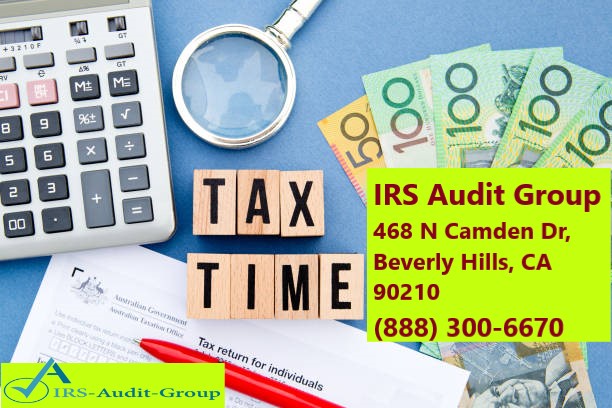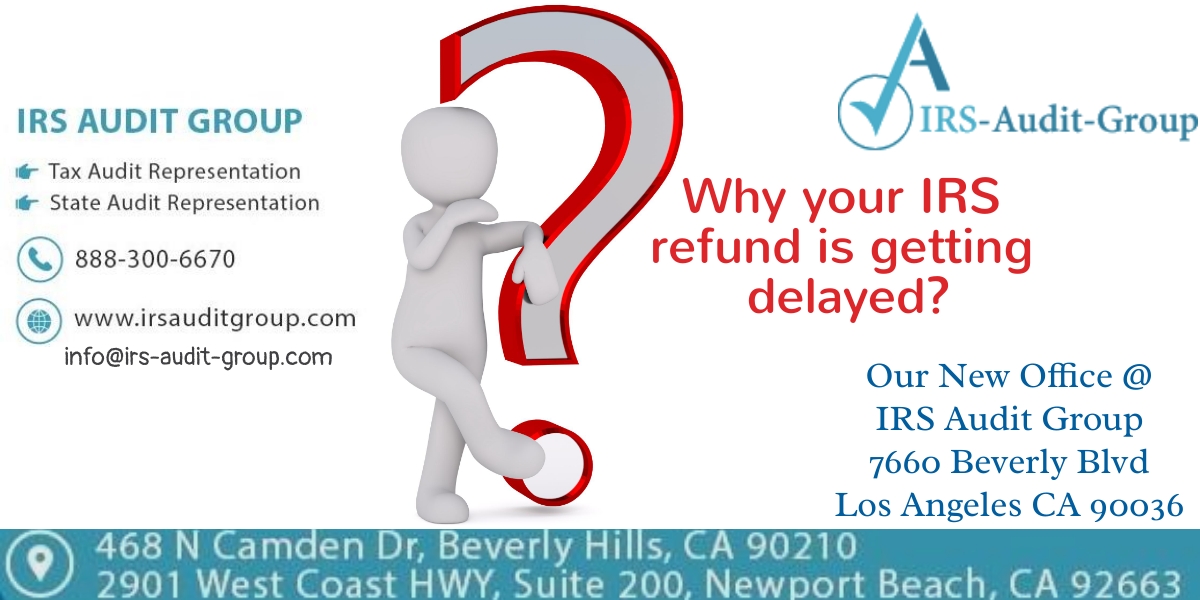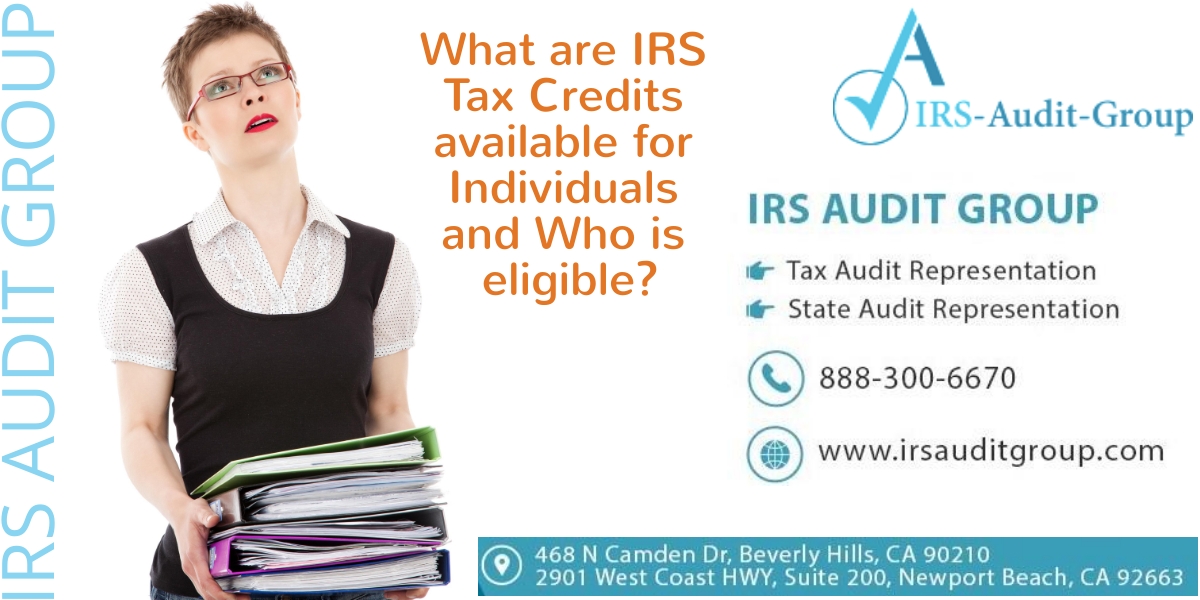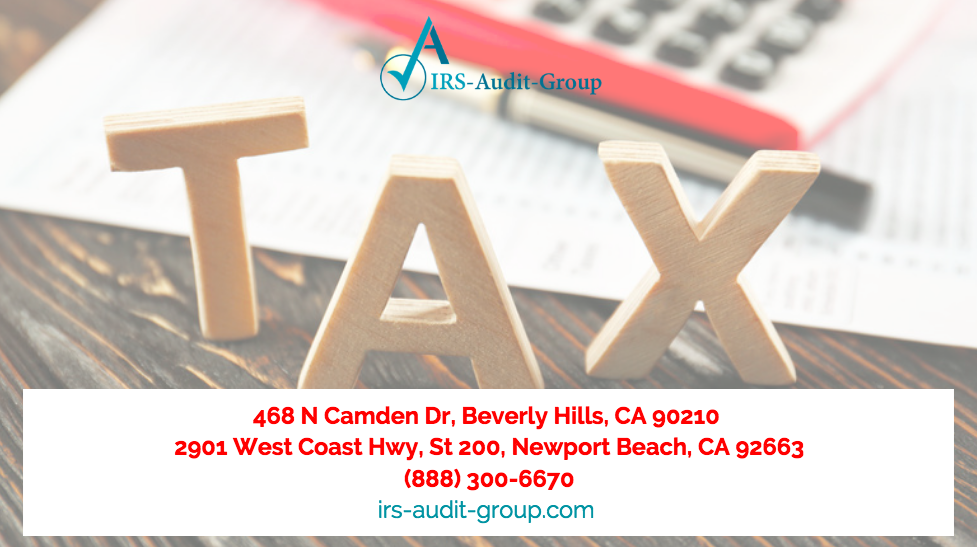As the Tax season for 2021 is nearing, it is good to have a basic understanding of the recent adjustments in tax structure, exemptions, and credits. Such info will help taxpayers to plan and file tax returns in time. Every year, the Internal Revenue Service (IRS) updates tax rates, rebates and thresholds that are adjusted with the annual inflation. On Nov. 10, 2021, the IRS announced inflation adjustments for 2022 affecting standard deductions, tax brackets, and more.
Thus, the Tax Filing Year 2022 got many updates that are listed in detail by IRS in this document. It is important to discuss a few such changes that need spotlight among every taxpayers which are listed below.
- Child Credit on Monthly Basis
Child Tax Credit provides financial benefits to those with qualifying kids. For those Tax Years before 2021, the IRS allowed claim up to $2,000 per child under the age of 17 in Tax Filing. However, during the Tax Year 2021, the following changes were done.
- Child tax credit amount has increased up to $3,600 per child under 6
- Child tax credit amount has increased up to $3,000 per child ages 6 to 17
- Child tax credit is now fully refundable.
- Child tax credit has been converted to monthly payment
As the COVID-19 has negatively impacted the country’s economy and the taxpayers, the IRS provided 50% of the child tax credit as advance monthly payments during the period July to December 2021. Tax filers may need to repay if they received more than the eligible pay. Similarly, those who received lesser credit can file and claim back. Thus, the expanded child tax credit payments could impact many families’ tax refunds. For more specific details, please be guided by the IRS government portal
https://www.irs.gov/credits-deductions/advance-child-tax-credit-payments-in-2021
- Recovery Rebate Tax Credit
Recovery Rebate Tax Credit or Stimulus Payment is another benefit in case you haven’t received the third economic impact payment while preparing Tax Filing. Those who lost jobs or whose income drastically decreased in 2021 can now claim the Recovery Rebate Tax Credit. Here are the eligibility criteria to receive the economic impact payment.
- You’re not dependent of a taxpayer
- Your adjusted gross income (AGI) can’t exceed:
- $150,000 for married filing jointly
- $112,500 for heads of household
- $75,000 for single filers
One must file 2021 Tax Return to receive the Recovery Rebate Tax Credit even if not done Tax Filing or any tax return in the past. You can use any one of IRS’ Free File Providers from the list given.
Note: You must have AGI of less than $73,000 to use the IRS’ free file program.
Learn more from IRS official website below
https://www.irs.gov/coronavirus/economic-impact-payment-information-center
- Claim Charitable Donations
For the Tax Year 2021 Tax filing, the claims on Charitable Donations are changed with the increase in tax deductions. Taxpayers both individuals who itemized and those who do not itemize can avail such benefits of these deductions while filing the return. Now, the tax filers can deduct up to $300 for cash donations to qualifying charities (up to $600 combined for married filers) whether you itemize or take the standard deduction for 2021.
Those who claim charitable contributions as itemized deductions can claim cash contributions made to qualifying organizations up to 100% of their adjusted gross income (AGI) for the 2021 tax year only. Such deductions used to be limited to 60% of the taxpayer’s AGI. More specific info can be found at https://www.irs.gov/about-irs/the-irs-encourages-taxpayers-to-consider-charitable-contributions
IRS Audit Group continues to monitor the tax provision updates every year and highlights important changes that benefit the taxpayers in Tax Filing. We are certified tax lawyers having immense experience in state and federal tax laws. Get a free consultation with us to understand your tax problems and help you deal with IRS on this upcoming Tax season 2022. Contact us (888) 300-6670 (or) [email protected]












